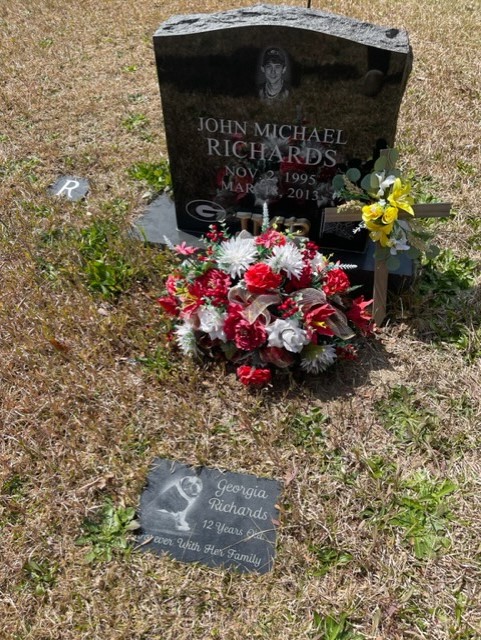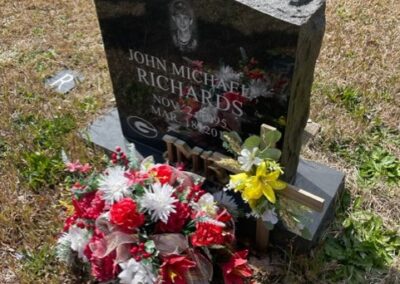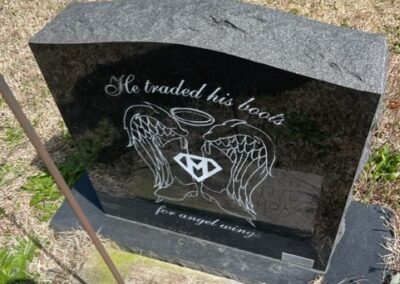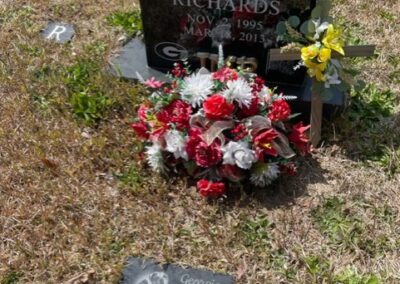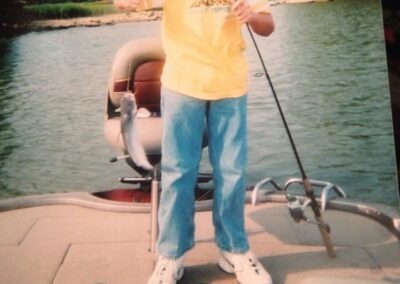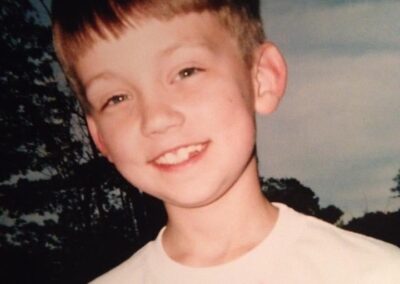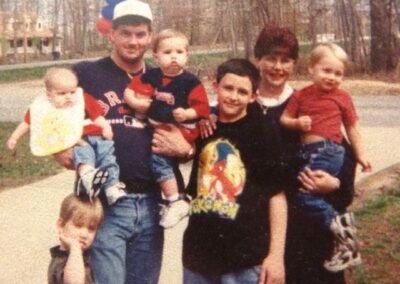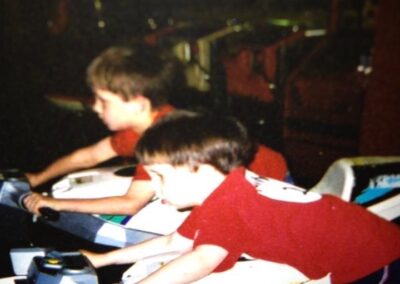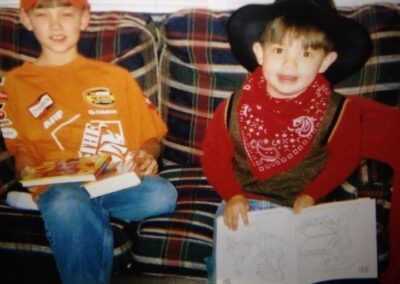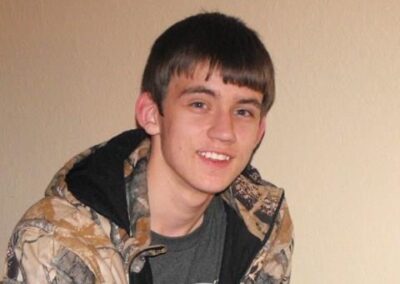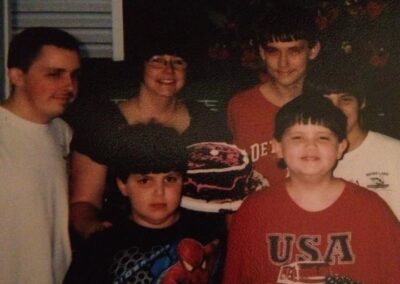We have had several people ask us how Justin handled losing his brother Michael in 2013. Michael was only 17 and his death was very unexpected. Him and Justin were very close to each other. Michael always called Justin his little buddy. It was very hard for everyone. You never expect to have to bury a child. It seems to go against the natural order of the way things are supposed to work. when we came home from the hospital to tell the boys Justin already knew when I asked him how he knew he said, Mikey told me, I said he told you? He said yes, he stopped in my room and told me that he would see me again someday this is just further validation that sometimes people with autism have many different abilities than we have. We still struggle with it even 10 years later, I hope that this article will help some of you , remember we are always here. All you have to do is message us.Helping a child with autism deal with death can be a challenging and sensitive topic. It is important to consider the unique needs and abilities of each child with autism, as they may experience and express grief differently. Here are some strategies that may be helpful:1. Use clear and concrete language: Children with autism may struggle with abstract concepts and may benefit from clear and simple language when discussing death. Use concrete examples and avoid euphemisms.2. Provide visual aids: Visual aids such as social stories, picture books, or videos can help children with autism understand death and the grieving process. A neighbor gave us a book about losing someone special called Tear Soup it was wonderful and a big help.3. Prepare for changes in routine: Children with autism may have difficulty with changes in routine and may need extra support during times of stress. Prepare them for changes in routine and provide support as needed. Justin was used to Michael driving him to school so that was a big adjustment.4. Offer opportunities for expression: Encourage the child to express their feelings through art, music, or other creative outlets. This can help them process their emotions and cope with grief. We let the children help design Michael’s tombstone.5. Provide consistent support: Children with autism may benefit from consistent and predictable support. Make sure they have access to a trusted adult who can offer support and answer questions. We saw a counselor every week for a year.6. Seek professional help if needed: If the child is struggling with grief or other emotional difficulties, seek professional help from a therapist or counselor who has experience working with children with autism. Justin worked well with a counselor.It is important to remember that every child with autism is unique and may require different strategies for coping with death. Be patient, supportive, and understanding as they navigate this difficult time.

